Cat constipation tends to be extremely normal in cats. However, it isn’t that serious, as it is mostly mild and can be treated through simple home treatments. However, sometimes constipation in cats indicates serious symptoms, and you might need to take it to the vet.
Symptoms of Cat Constipation
Constipation is infrequent stools or stools that have difficulty in passing by. Most cats pass a stool every 24-36 hours; hence that is normal. However, if your cat is passing stool less frequently and has difficulty, there is a chance it might be facing constipation. If the cat experiences around 48 to 72 hours without any bowel movement, you should contact your vet immediately.
The major sign of cat constipation is having dry and hard stools. The stool is usually rich brown and looks well-formed, but it comes out hard and dries when it lacks moisture. The cat might be passing it out of discomfort inside the litter box and outside.
Moreover, the cat might be crying or straining in the litter box due to constipation or avoiding it overall. Other signs include vocalizing the discomfort, nausea, decrease in the cat’s appetite, vomiting, drinking less water, and weight loss. It also includes muscle loss, difficulty jumping up, walking stiffly, and hiding.
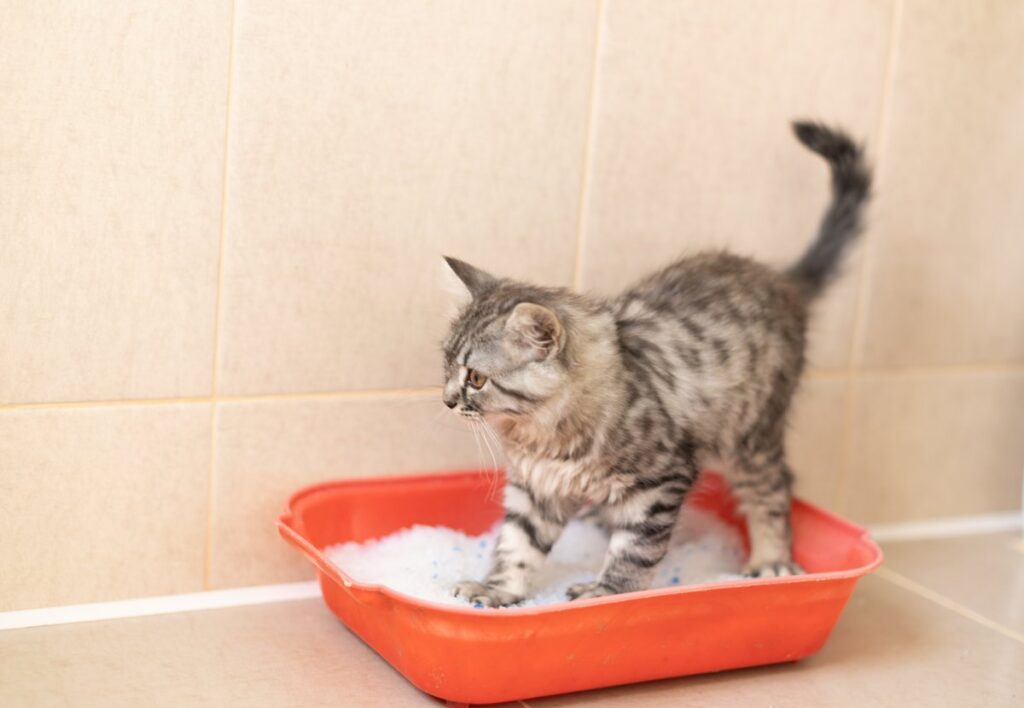
Causes of Cat Constipation
Causes of cat constipation mainly include dehydration, as it leads to less moisture within the stool. Constipation can be caused due to the intestines not being able to move things normally, which leads to keeping the stool soft and moist. This can be caused due to stress, anxiety, or problems in the inflammatory bowel disease, nerve problems, or on a serious note, some cancer. Chronic diseases can lead to cat constipation, and it includes kidney diseases as well. These diseases lead to ruptured or impacted anal sacs, which can cause your cat to feel pain with defecation. This results in cat constipation.
Vet Treatments for Cat Constipation
Cat constipation isn’t unusual, but it can also indicate severe issues within the cat’s system. Hence, make sure that it is discussed with the vet. Vets can permanently treat cat constipation by reducing the risk of permanent damage due to any prolonged distension of the colon, and for these, effective treatments are extremely necessary. This includes identifying the underlying and potential disorder and removing the feces that has been impacted. For immediate relief, many cats recommend over-the-counter solutions as well.
Except for vet treatment, normal cat constipation can be treated at home through home remedies and tips. Here is a list of what you can do to help your cat through it.
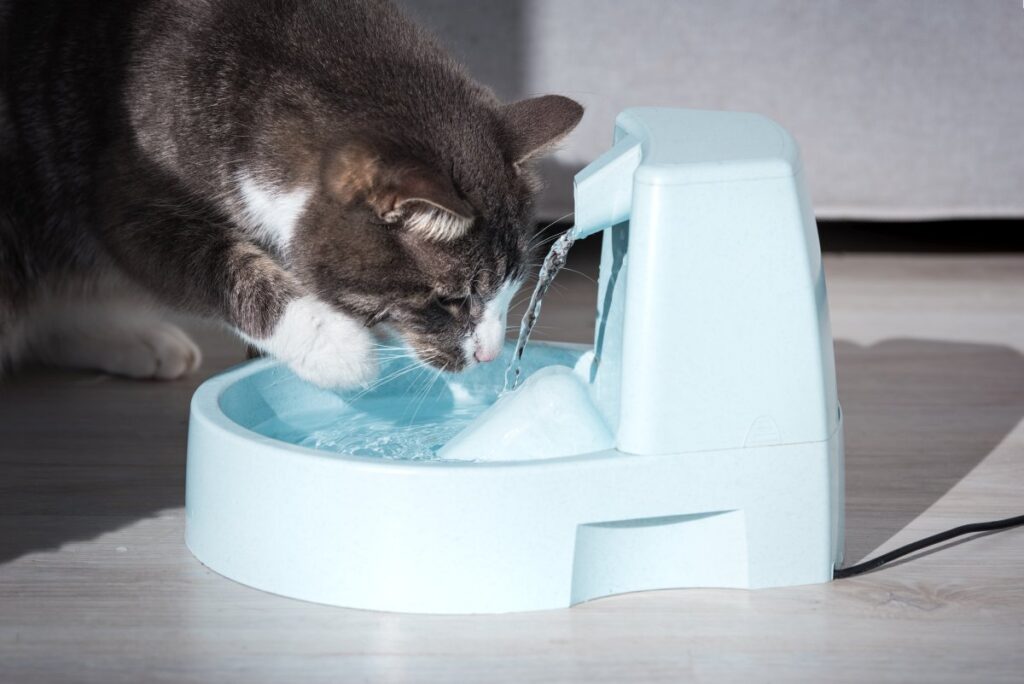
Increase Water Consumption
The major contribution to cat constipation is dehydration in the cat. This leads to hard and dry stool, which can be increasingly painful for the cat. Hence, the cat needs to increase its water intake to prevent such things.
Trying a New Diet
There are a lot of foods that can cause food allergies within cats and leads to cat constipation. These food allergies can cause intestinal inflammation as well. Once you change the cats’ protein sources, it can increasingly help reduce inflammation and allow movement along the intestines.
Your Cat Should Maintain a Healthy Weight
The pet parent should ensure that their cat has a healthy weight maintained throughout. Fluctuation in weight and obesity can lead to inflammation, which slows down the activities inside the intestines. This is because; too much water might be absorbed from the stool, leading to constipation. In case of significant issues, the fat in the belly needs to be identified as well, as this leads to physically impeding movement of the stool.
Increase in Enrichment and Exercise
This is another beneficial solution to help avoid and treat cat constipation. Exercise can help promote normal movements of the intestines, which helps treat and prevent cat constipation. It helps provide enrichment and reduces anxiety within the cat as well. Moreover, it helps with weight loss.
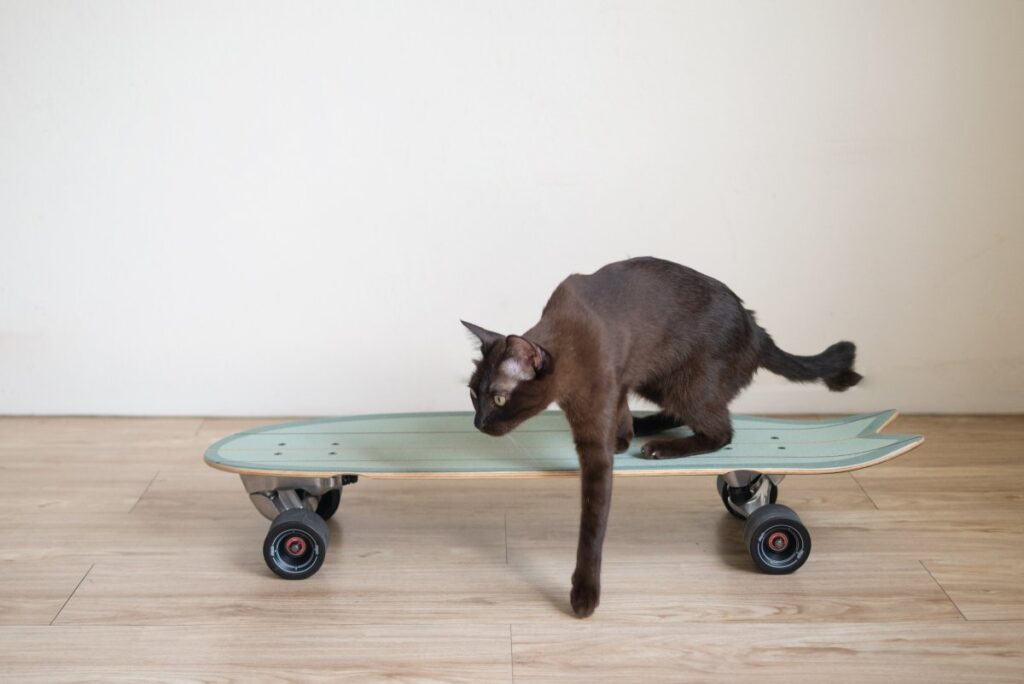
Minimizing Stress and Anxiety within Cats
Cats tend to become easily stressed, leading to their routine and mood disruption. This can lead them to be lazy and not exercise or play around as much and ruin their diet routine. This stress can be caused by anything, like changes in location or environment. Hence, it can lead to cat constipation. Once the cat gets settled down, it is easy to be more comfortable. Make sure that you use calming pheromones like Feliway and other supplements, reducing anxiety within a cat.
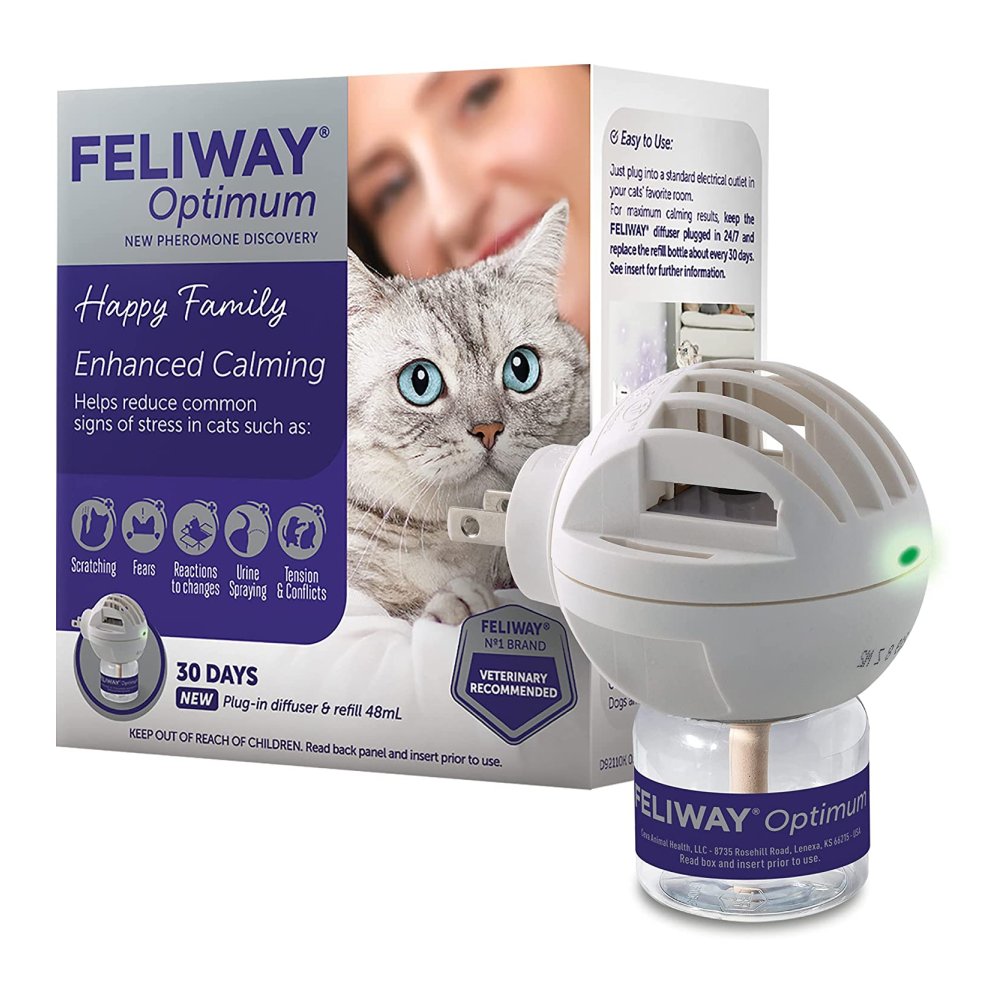
FELIWAY Optimum Cat – Enhanced Calming Pheromone Diffuser
FELIWAY Optimum is the best answer to reduce the most common signs of stress in cats such as scratching, urine spraying, tension, and conflicts between cats. It is a drug-free solution that calms cats better than ever.
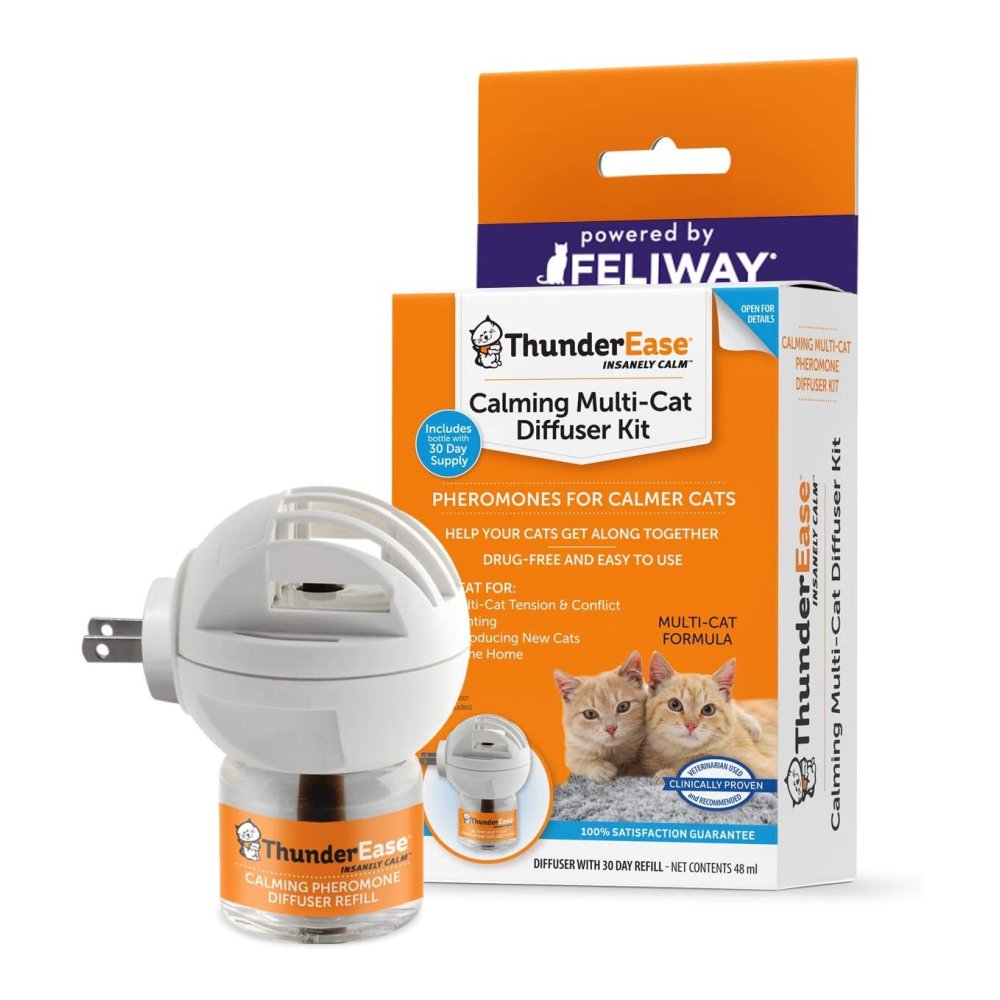
ThunderEase Multicat Calming Pheromone Diffuser Kit – Powered by FELIWAY
Powered by Feliway, the #1 Vet Recommended drug-free solution. This diffuser mimics a mother’s natural nursing pheromones, which helps to put cats at ease and reduce conflict among cats. It has been clinically tested to be 90% effective in reducing fighting, scratching, hissing, and other aggressive behaviors.
Addition of More Litter Boxes
Cats tend to be highly particular and possessive about their litter boxes. They would always want a proper location, and if they don’t like its placement, they tend not to use it. This can lead to constipation, as cats don’t like a passing stool in places they disapprove of, as it can cause discomfort and nervousness. Hence, make sure you have litter boxes at different locations around the house to prevent cat constipation.
Monitoring Cat Constipation
Monitoring the cat’s constipation is essential, as cats tend to pass stool frequently. When they are constipated, there might be a long break. To identify that interval, it is best to make any chart to monitor cat constipation and the number of days or weeks it went without passing stool. This should be done even when the cat is passing hard and dry stool. In a case like this, it is important to contact a vet and discuss your finding to make sure the cat is healthy.
Conclusion
Conclusively, cat constipation is usually very common because it can occur due to the above reasons. However, monitoring it and its frequency helps understand the seriousness of the issue. Sometimes, constipation can be the body’s way of telling something is seriously wrong. It is better to get your cat checked and taken to the vet.

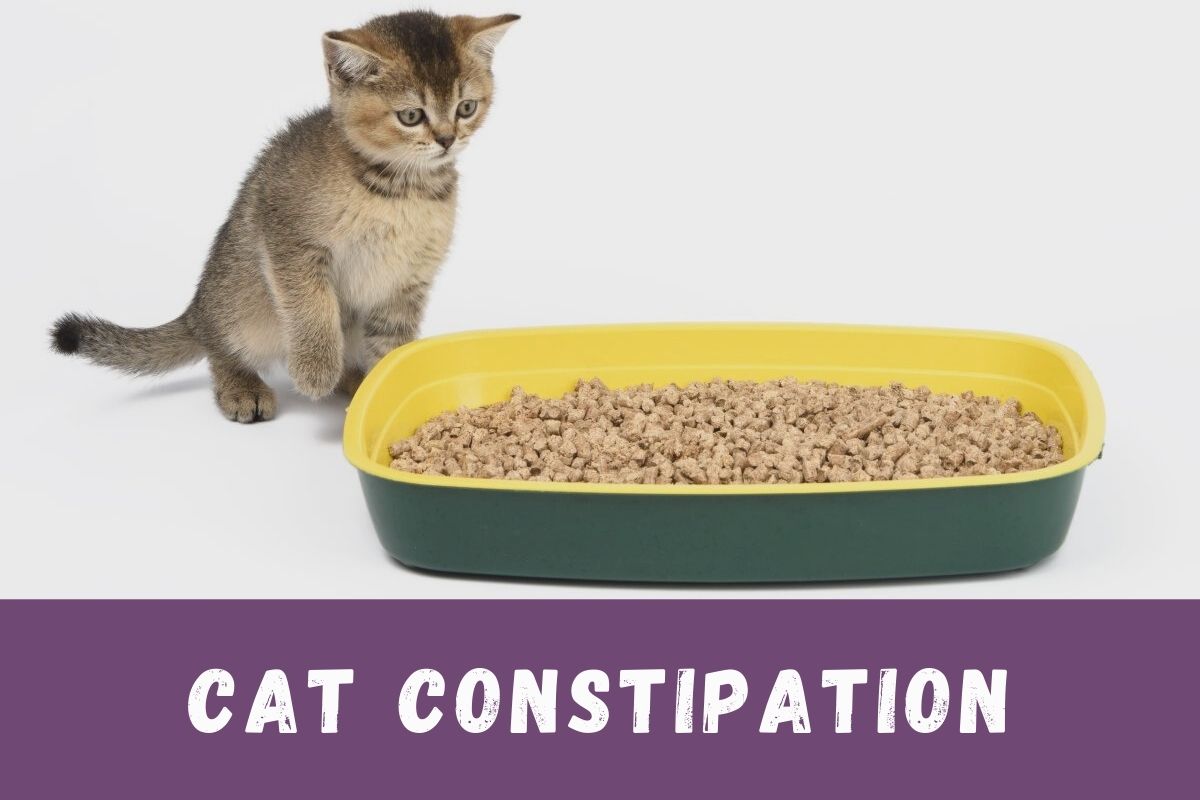
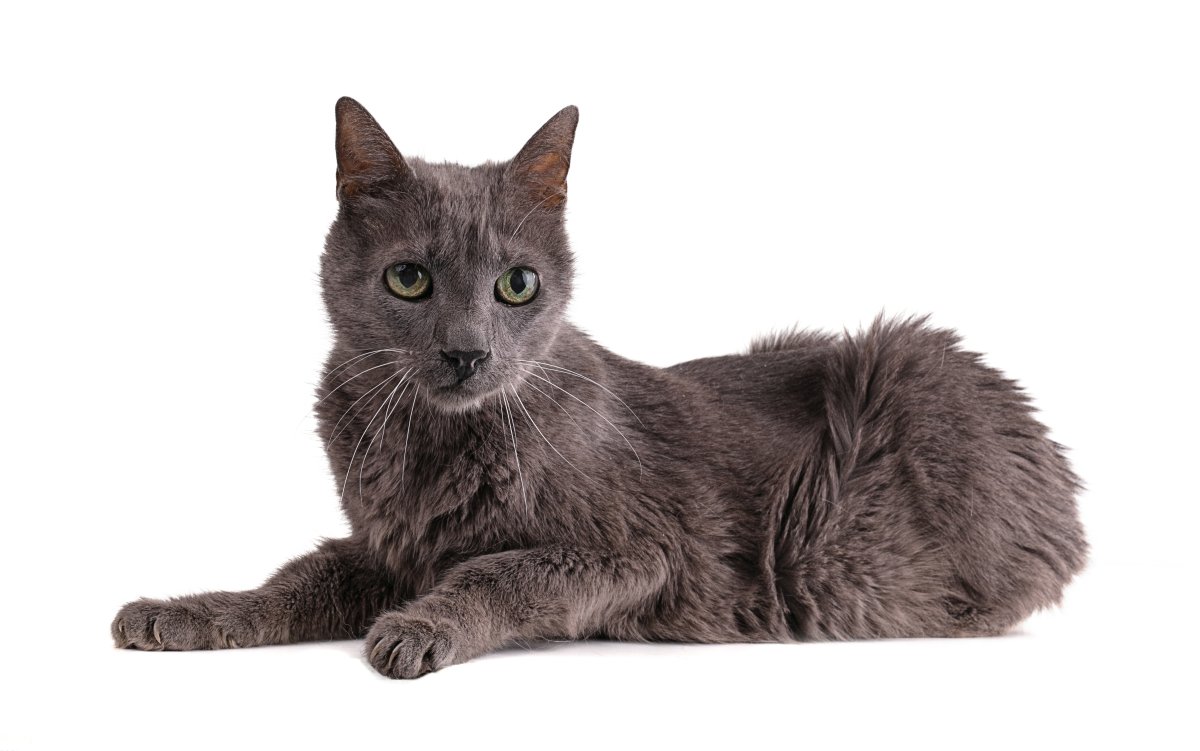
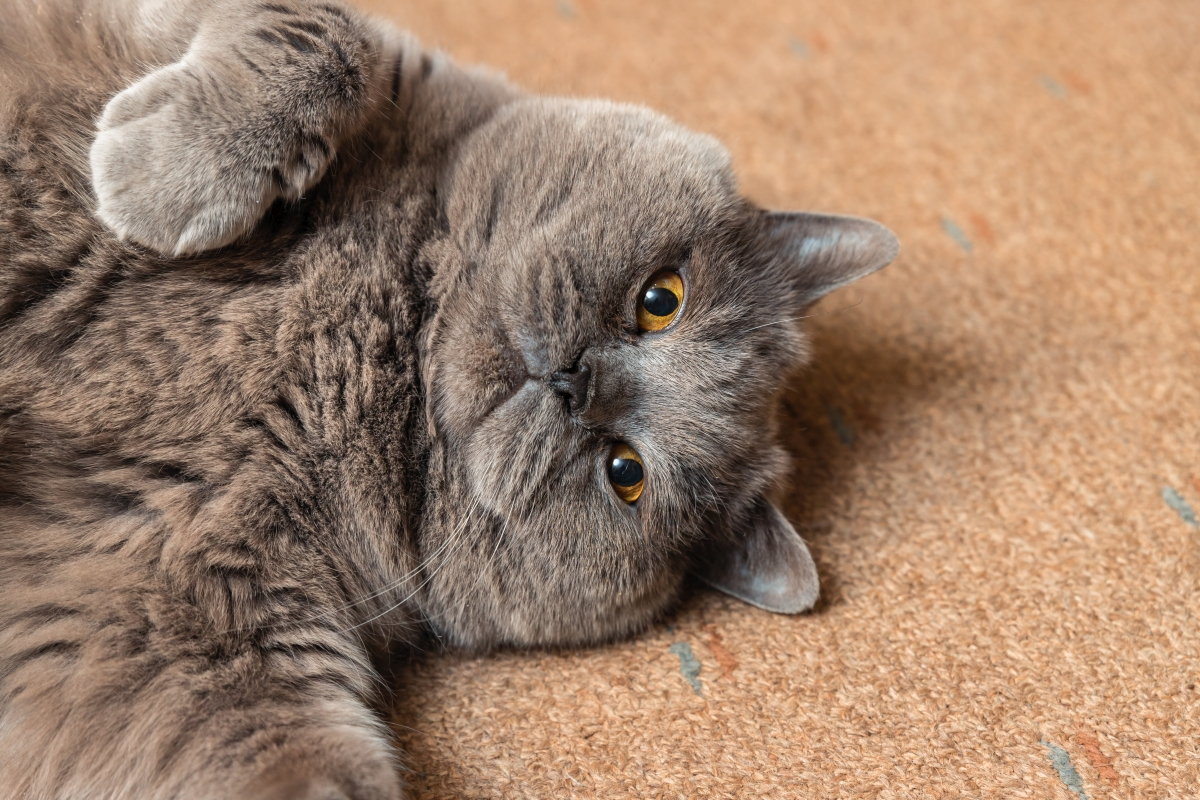
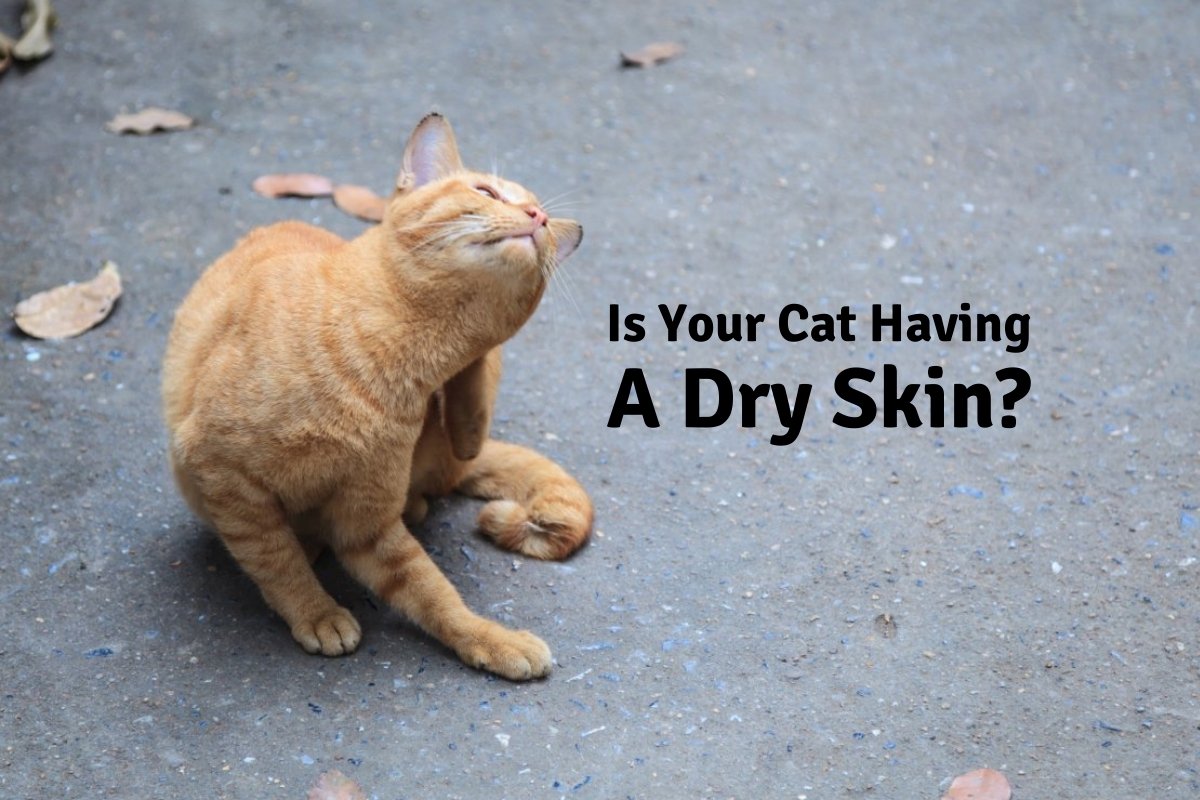
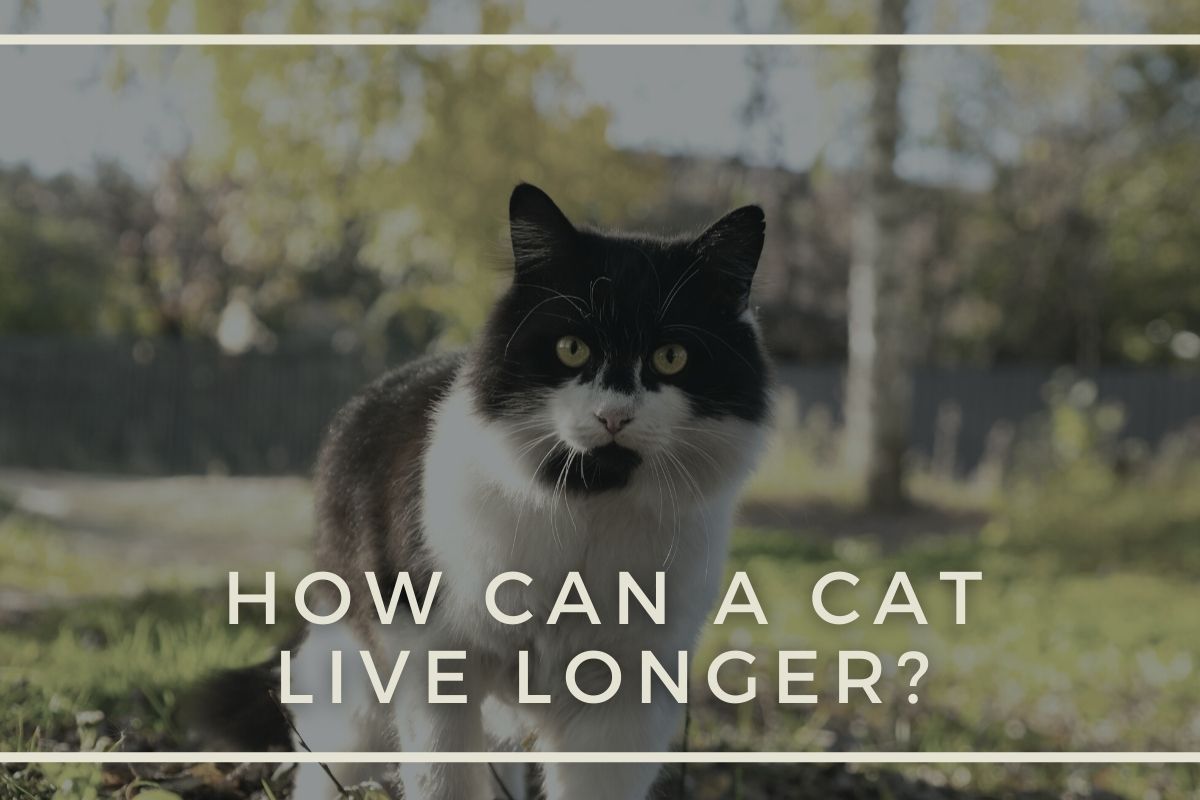
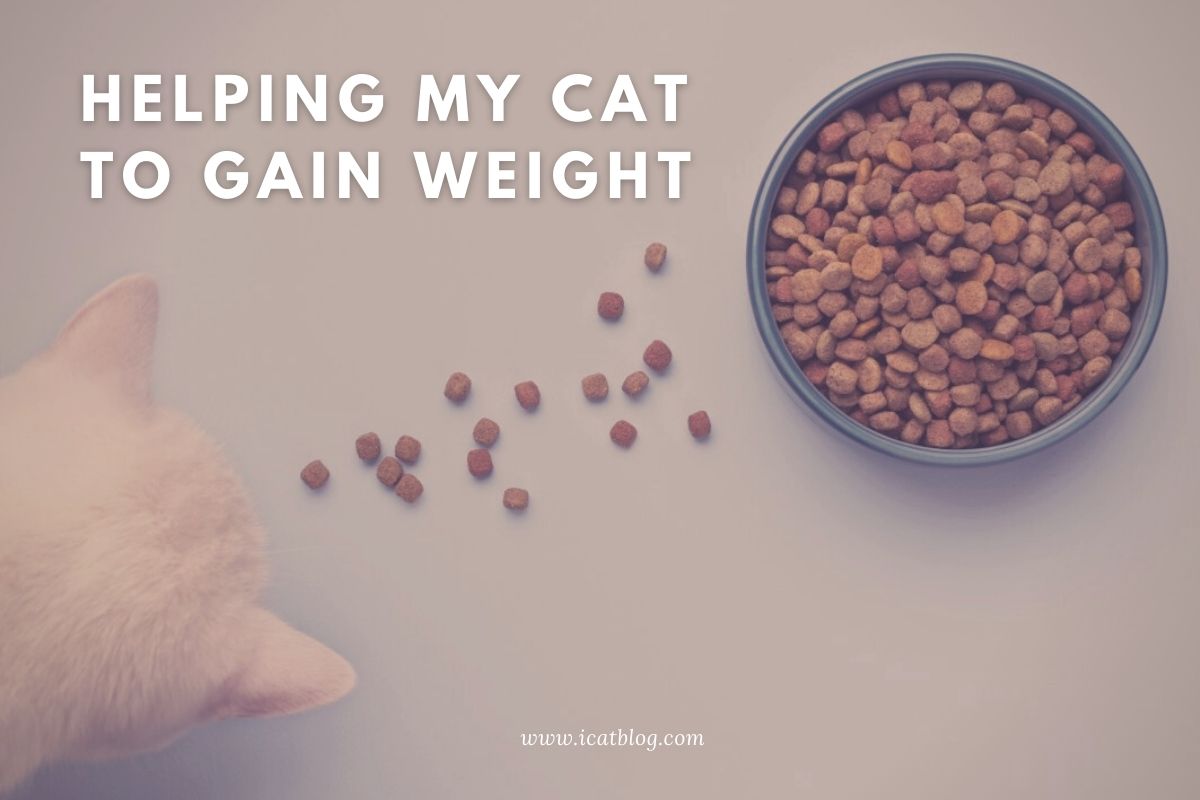
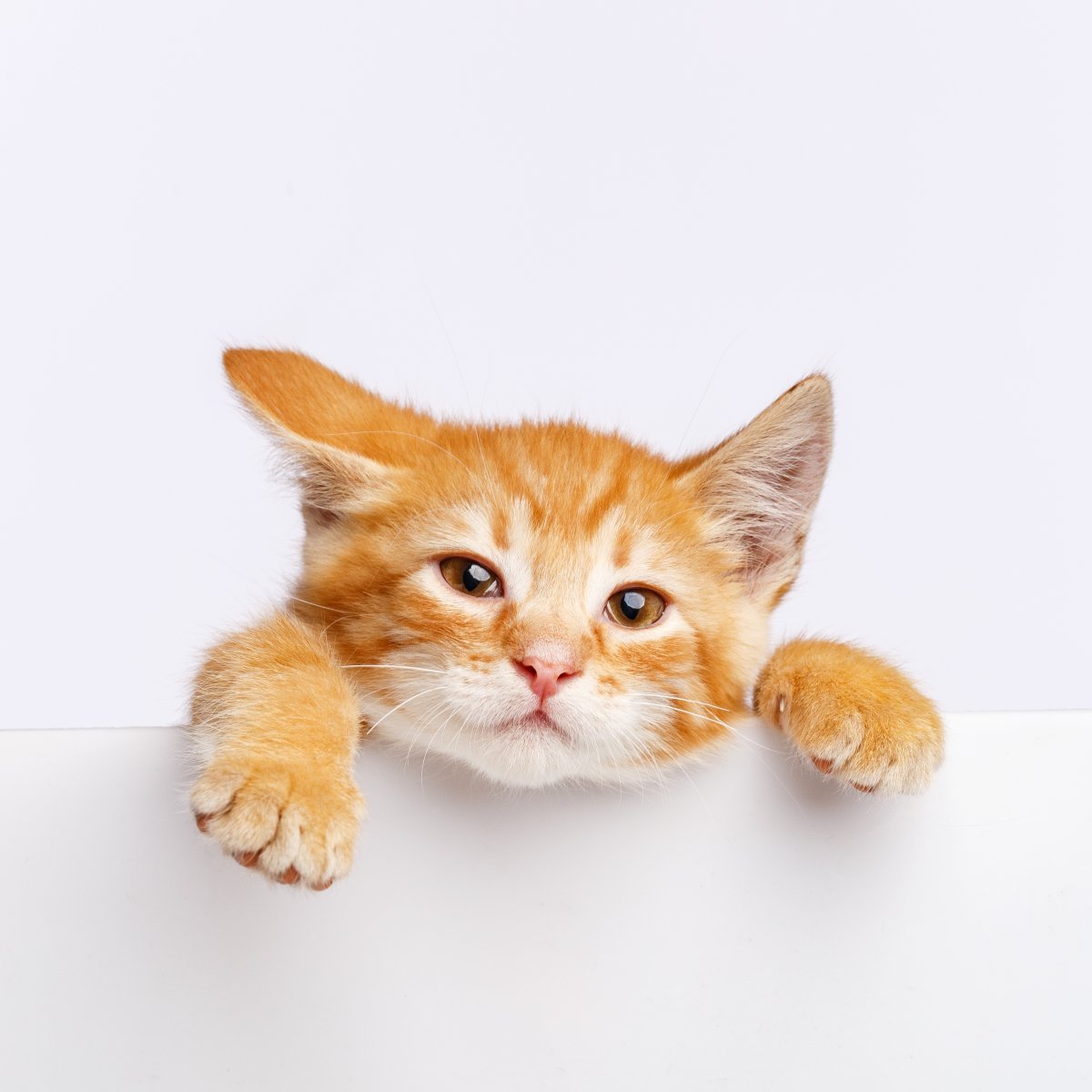
2 comments